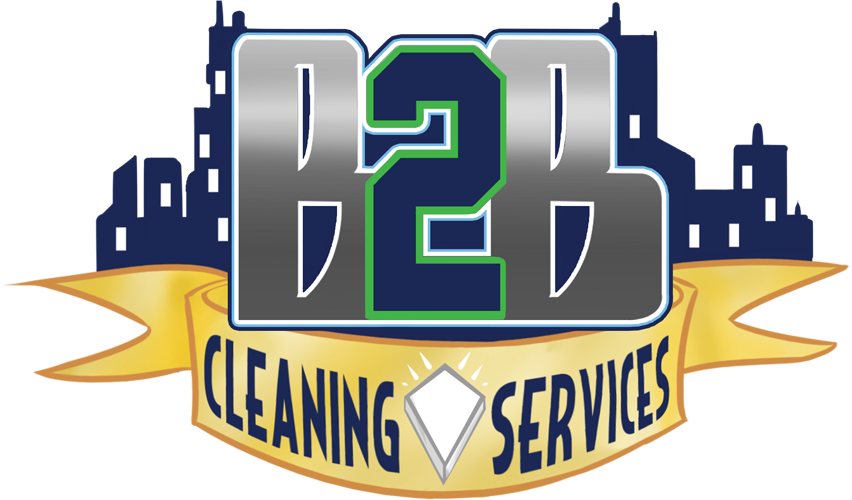Ready for a life of flexibility and potential? Baby steps. Here are all the tips you need to work remotely one day a week.
How to talk to your boss about working remotely
Be prepared: your manager’s going to have some questions. He or she is going to wonder where this conversation is coming from and if he or she can trust you with the flexibility and freedom that comes with working remotely. The best way to prove it to your manager is by coming to the meeting prepared and in excellent standing.
Be up front with your “why”
During this conversation, it’s important to be transparent with your employer about why you want to work remotely one day a week so that you can earn their trust or build upon an already great working relationship. That being said, make sure that you’re wording your ask in a way that positions the business’ interests first. Be clear about the fact that you’re interested in working remotely because you strongly believe it will lead to further success within your role.
Say this: Working remotely once a week will allow me to dive deeper into the projects that I’m working on, give full attention to my professional goals, and attain the flexibility to work during the hours in which I am most productive.
Not this: I want to work remotely one day a week because I’m too distracted by my coworkers. I can’t get anything done here and think that I’d be better off working in a different environment. I’ll work harder and be able to do so on my own terms.
Pitch it as a trial run
Many times, managers are concerned that by allowing you to work remotely he or she will be setting a precedent for your coworkers. During these initial conversations, come out ahead of that concern and make it clear that what you’re proposing is a trial or a pilot that comes with no commitment unless it works as well, or better, than your current situation.
Say this: I want to try working remotely one day a week and see if I can increase my productivity and expand my creativity. We can track my performance for a set period of time and see if I improve. If not, there’s no pressure to continue piloting this idea.
Not this: I want to work remotely one day a week starting next month. I know that I will be successful, so there is nothing to worry about. I’ve heard a few of the other team members are interested in a similar situation, so I could lead the way as soon as you give me the go-ahead.
Focus on remote work benefits and opportunities
After going into the background behind why you want to work remotely one day a week, get to the point of this conversation: how remote work will positively impact your work and the business’ bottom line. Be ready to talk through your individual performance, goals that you want to achieve related to productivity, and professional development and what you need from the company in order to be successful. As you walk through these points, provide a few ways that remote work will act as a solution in each situation.
Say this: Over the past three quarters, I have exceeded my sales goals by X%. I know that if I were able to work remotely one day a week I could increase that number to X because of the flexibility my remote schedule would create. Working remotely once a week would also give me the ability to attend a professional development class in the morning, and work in the evenings when I am more productive.
Not this: I’ll be happier when I can work remotely once a week. I’ll be doing the same tasks that I do everyday in the office, I just won’t be physically at my desk as I do them. You won’t even notice the difference.

How to work remotely effectively
You did it! You impressed your boss and have gotten the OK to work remotely one day a week.
First of all, we just want to say how proud we are of you. You rocked it.
Second, we’d like to offer some advice to make sure this goes as smoothly as possible.
Set goals and develop a strategy to reach them
Think of this opportunity as a once-a-week chance to prove to your boss that you can be trusted with more autonomy. During your initial conversation, set clear goals and KPIs that you can measure as you work remotely so that you can show professional progress.
Say this: My goal after three months of working remotely once a week is to bring in X number of new clients more than I did last quarter. To do so, I am going to implement x, y and z strategies that are now possible because I will be working remotely. Let’s check in once a month to see my progress on this goal and pivot if necessary.
Not this: Let’s try this out for a few months and see how it goes!
Check in and set expectations
As a remote employee (even a part-time one), the most important tool that you can lean on to ensure success is communication. While you’ll still be spending most of your time in the office, make it a point to stay connected to your teammates on the day that you are working remotely. Whether that is through Slack or over email, it’s important that everyone understands that, yes, you are actually working and that you can be relied upon throughout the day.
In addition to day-to-day communication, set up monthly meetings with your manager to check-in on how your remote work agreement is going. Has it been a success so far in their eyes and, if he or she feels like there are improvements to be made, what can you adjust to ensure that you’re doing your job to the best of your ability? These check-ins will not only alleviate any concerns that you may have about your performance, but also remind your employer that you are committed to a successful outcome.


